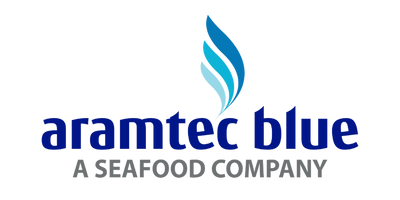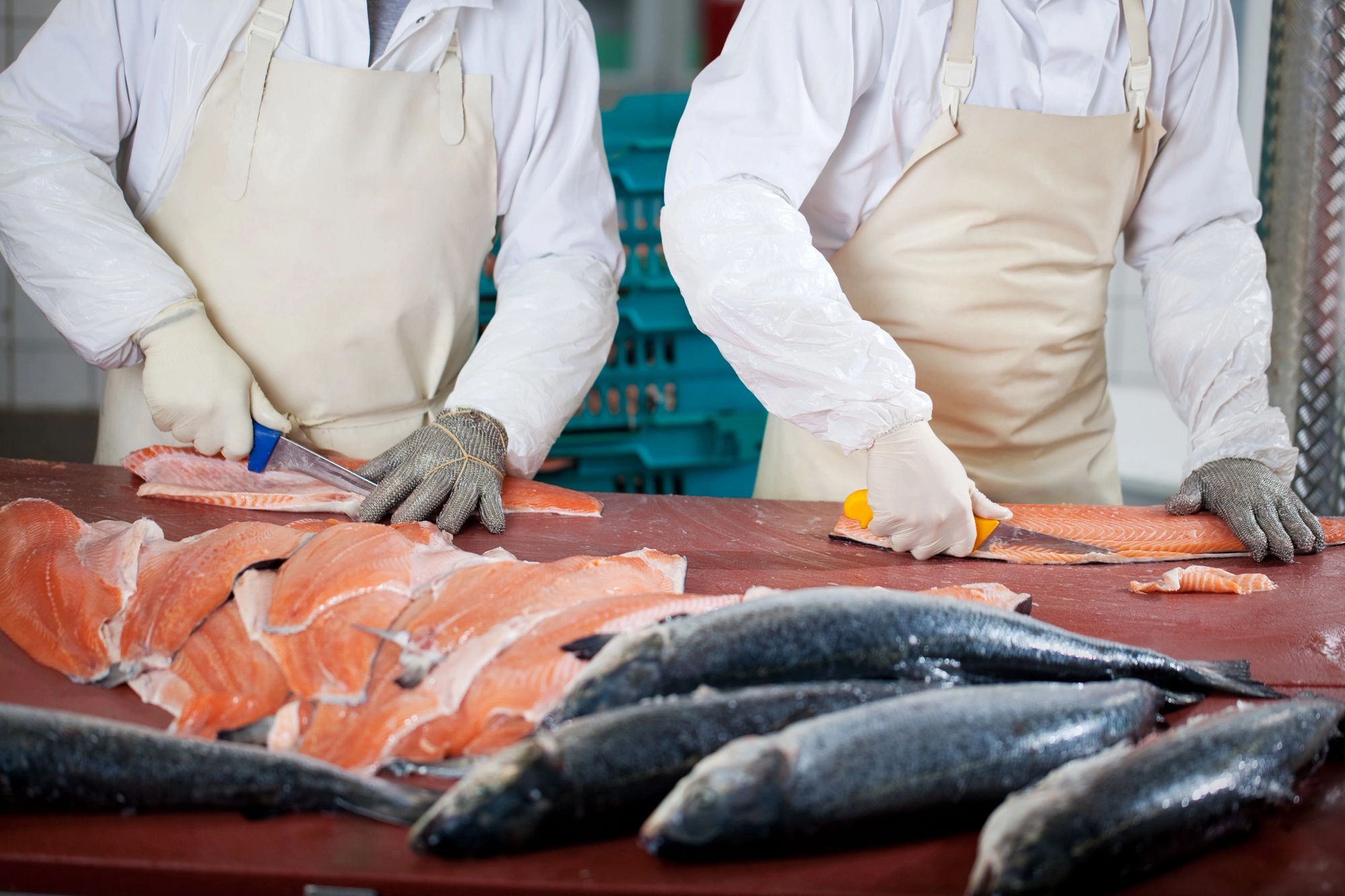Understanding the differences between wild, farmed and organic certified salmon can be confusing. Wild salmon is difficult to source in the Middle East, whereas farmed salmon makes up 75% of the salmon consumed globally. Organic salmon is also farmed, however to obtain the USDA organic certification, fisheries have to follow strict guidelines: “USDA certified organic foods are grown and processed according to federal guidelines addressing, among many factors, soil quality, animal raising practices, pest and weed control, and use of additives. Organic producers rely on natural substances and physical, mechanical, or biologically based farming methods to the fullest extent possible.”
What is Wild Salmon?
Wild salmon is line or commercially caught straight from their natural homes. Wild salmon is much harder to find, especially in the Middle East. It's the most natural and nutritionally beneficial salmon you can get. Wild salmon health benefits include omega-3s and lower dioxin levels.
The lifecycle of wild salmon is quite unique. Adult salmon spawn in freshwater river beds, where female salmon lay eggs that are then fertilized by male salmon. Once eggs hatch, young fish can stay in their freshwater gravel nests to feed for 3 to 4 months. As the juvenile salmon grow, they can remain in the freshwater rivers from a few hours to years, depending on the salmon species and other environmental factors. Salmon can spend 1 to 6 years living in the ocean before they make their journey back to the freshwater to spawn.
When it comes to taste, wild salmon is much leaner with less fat and have different features from farmed salmon, mostly because of their natural diet.
Wild salmon is not commonly found in the UAE or in the Middle East.
What is Farmed Salmon?
Farmed salmon is approximately 75% of the world's salmon consumption and farmed salmon is popular in the UAE and across the MENA region. It's an alternative option to help global overfishing. The salmon farming production cycle lasts around 3 years. The first year takes place in controlled freshwater environments, and then the farmed salmon are moved to seawater cages. Once the farmed salmon reach a harvestable size, they are transported to processing plants to be prepared for sale. Most farmed salmon is sold as fresh or frozen salmon fillets, although whole farmed salmon is also available. Due to the environment they're raised in, they move less and have more fat and less muscle. Most of the salmon in Dubai is farmed and the majority of chefs working in restaurants in the UAE prefer to buy frozen salmon as it kills off any potential bacteria.
What is Organic Salmon?
In organic aquaculture, the farming process has to encourage and sustain a viable aquatic ecosystem. Organically raised salmon are produced in sites with large, deep cages. They farmers create an environment closest to their natural habitat while following organic farming rules. The sites are swept by strong currents. The currents are very strong that allows a constant flow of sea water. Finding parasites and pollutants is nearly impossible in this controlled environment. Clear, clean water reduces the risk of diseases, and medication is only administered to treat health issues as they appear under a veterinarian's supervision.
Organic farmed salmon is manually fed daily. Their feed is typically pellets made of natural ingredients from sustainable sources, and free from GMOs. The pellets are mostly marine-based ingredients like trimmings and fish oils.




